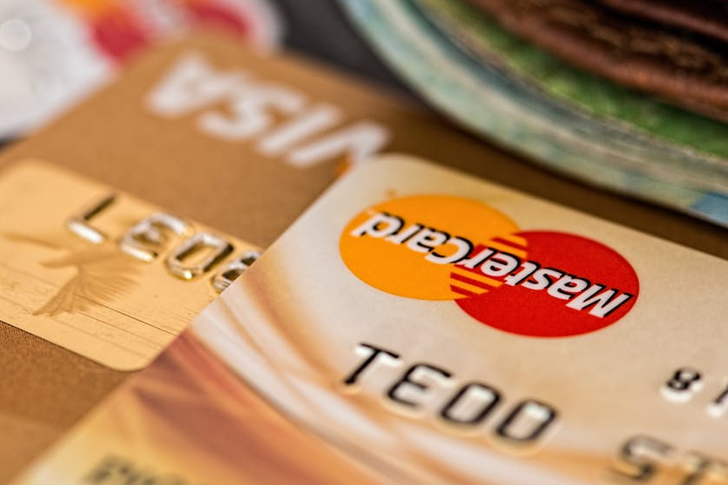Anyone can admit that they need a little more money for bills and unexpected expenditures like auto repairs, medical operations not covered by insurance, and home upgrades. The online world has since coined the term #Adulting as a millennial’s description of dealing with such “real world” issues.
One way to solve money woes is to get a personal loan since it can provide you with enough cash to pay everything off at once while also granting you the flexible power of paying it back in monthly installments with interest. It’s not easy, so read on to better prepare yourself.
Circumstances that would guarantee approval
You need to first prove that you can afford to pay back the amount to be borrowed. Having a permanent and steady stream of income guarantees a higher chance of approval compared to freelance or contractual employees and confirms that you’re capable of repaying your dues.
Your chosen bank or financial institution will ask for your credit report as well since the credit history indicated there would inform them of any existing loans and your total capability of settling all debts. They will put your monthly credit reparations and your monthly salary side-by-side to determine your debt-to-income ratio.

Why should you have a credit card?
Possessing a credit card is necessary since it determines your credit history. Your bank already knows how much you make a month, so they should be able to calculate your debt-to-income ratio. If you keep spending over your financial resources, you might get labeled as an erratic account.
Your credit report will inform them of your repayment history, which, if all paid on time, should compensate for your alleged over-indulgence, boosting the chances of having your loan application approved. Your bank would probably not trust you enough if your credit history reveals a consequent series of overdue credit card bills.
Frequently asked questions
What do I need to provide to get a personal loan?
A bank would typically require a personal loan applicant to own a credit card that bears his or her name for at least 12 months before applying. He or she should at least have a permanent and a steady stream of monthly income to be considered. While these appear to be standard requirements for a personal loan application, these could possibly differ for each financial institution, so it is highly recommended for a loan applicant to research on this loan online or to ask about it in his or her chosen bank personally.
What is my desired personal loan interest rate?
The interest rate may not be the same across every bank. Citi Personal Loan is currently proposing a yearly 15.16% interest rate (or a monthly 1.26% interest rate). The cash equivalent of your bank’s interest rate will be explained to you and should also be specified in your Disclosure Statement once your application is finally approved.
Before you determine the final amount to borrow, research on your chosen bank’s interest rates and pair them up with your favored reimbursement plan. A bank’s minimum recompensation program means lower interest costs but higher monthly disbursements. A longer loan period is simply vice-versa.
Make one last run-through
You may, in the end, qualify for a personal loan, but do you really need to get one right now? You should take one only if it’s for something you truly require, not just for being a little richer today. Take your time looking out for the lowest or most affordable interest rate, and watch the way your desired bank handles its customers.
Lastly, avoid over-borrowing. Make sure to apply for a personal loan that you can surely settle. It shouldn’t disturb your basic expenses since that only means you couldn’t manage it.

